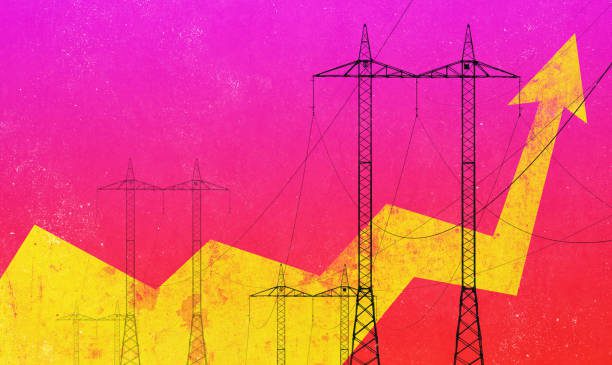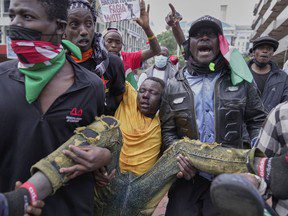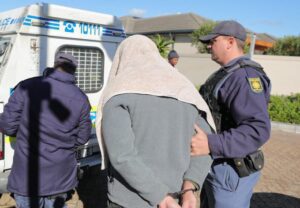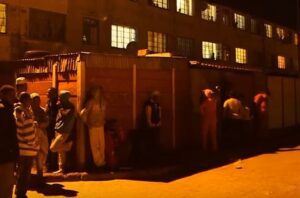South African consumers may face an alarming increase in electricity costs if Eskom’s proposal to raise tariffs by up to 44% is approved. The state-owned utility company has submitted an application that could see the new electricity tariff implemented by April 2025. However, this potential hike has triggered significant pushback from various civil organisations, business stakeholders, and public officials.
Key voices, including Cape Town Mayor Geordin Hill-Lewis, have expressed strong opposition to the proposed increase. In a letter addressed to the National Energy Regulator of South Africa (Nersa) on 20 August, Hill-Lewis made it clear that the City of Cape Town opposes such a drastic hike in electricity tariffs.
“This is a mammoth Eskom increase that Nersa must stop in its tracks. It is unthinkable. On behalf of Cape Town households and businesses, especially small businesses, we are calling for the rejection of a 44% electricity tariff hike,”
wrote Hill-Lewis, underscoring the potential economic consequences.
The mayor further emphasized that the financial burden on South Africans, particularly those in lower-income households, could be devastating.
“The economic impact, and also the impact on especially lower income families, will be immense with the cost of living already so high,”
he added, reflecting the widespread concerns that many share.
The Cape Chamber of Commerce and Industry, representing the interests of local businesses, also voiced its disapproval of Eskom’s tariff hike request. President Jacques Moolman was direct in his criticism, arguing that the proposal should be outright rejected.
“A hike of this magnitude is laughable and an insult to small business operators who are either in financial distress or working with minuscule profit margins,”
Moolman stated, expressing frustration on behalf of business owners who are already grappling with the rising costs of doing business in South Africa.
Moolman pointed out that for many businesses, electricity constitutes a significant portion of their operating costs. He also highlighted the steep increase in electricity tariffs over the past decade and a half.
“In many instances, electricity is a major input cost, and as some commentators have pointed out, the tariff has already increased by around 450% since 2007,”
Moolman remarked, illustrating how cumulative increases have burdened businesses.
While acknowledging the complexity of balancing Eskom’s revenue needs with the livelihoods of citizens, Moolman stressed that the government should be exploring ways to support, rather than hinder, small businesses during these challenging times.
The proposed tariff increase has also raised alarms within civil society. Natasha Gertse, founder of the Electricity Tariffs Must Fall movement, argued that such a significant hike would have severe consequences for ordinary consumers.
“Currently we are not even surviving; we are on load shedding even when there is no load shedding. We try to save on electricity costs wherever we can because R50 only gets you 12 units. Imagine what a hike like this would mean to the consumer,”
Gertse explained, shedding light on the daily struggles faced by many South Africans.
Gertse criticized energy regulators for their apparent focus on financial considerations without accounting for the human impact of their decisions.
“These energy regulators are not looking at the suffering, they are just looking at the revenues,”
she added, encapsulating the frustration many feel towards the handling of electricity pricing in the country.
The social housing sector is another area likely to be significantly impacted by the proposed tariff hike. Karabelo Pooe, General Manager of The National Association of Social Housing (NASHO), urged the government to take into account the unique challenges faced by residents in social housing projects.
Pooe highlighted the financial strain on vulnerable groups, such as pensioners who rely on social grants from the South African Social Security Agency (Sassa).
“We look at people like the elderly, who are Sassa recipients. For example, their rental will be R1200, but their electricity cost is already more than half their rental at Social Housing Institutions across, while they still have to think of their necessities. How will they be able to cope with hikes still?”
Pooe questioned, raising concerns about how this increase would affect those living on fixed incomes.

















